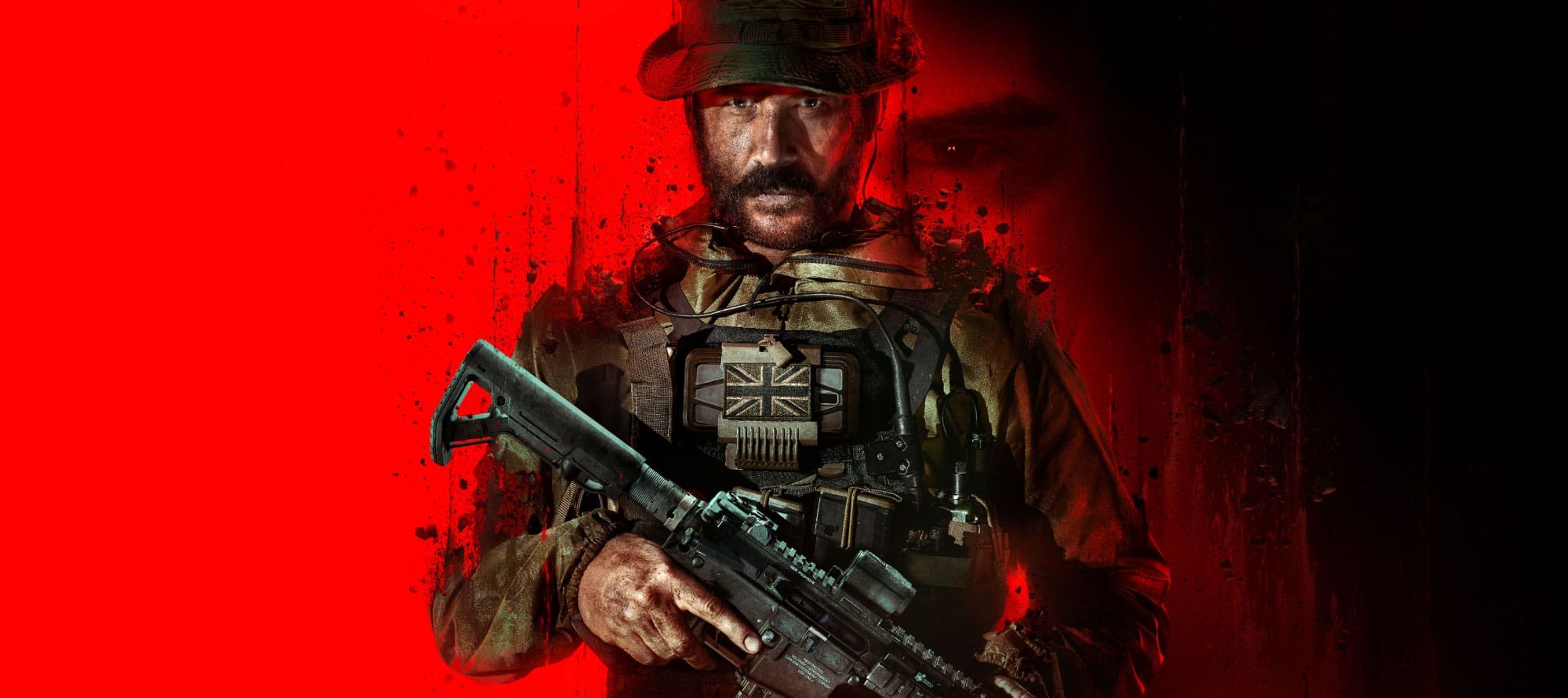
Call of Duty: More Casino Than Combat? The Rise of Predatory Monetisation
Call of Duty, a franchise once renowned for its thrilling, fast-paced action and gripping campaigns, has undergone a troubling transformation in recent years. Critics are now labelling it an "engagement casino".
Call of Duty, a franchise once renowned for its thrilling, fast-paced action and gripping campaigns, has undergone a troubling transformation in recent years. Critics are now labelling it an “engagement casino,” a term that points to a worrying trend of aggressive microtransactions, addictive reward loops, and a never-ending cycle of FOMO (fear of missing out).
Let’s delve into the tactics that have turned Call of Duty into a money-making machine and the impact this has had on the overall player experience.
The Microtransaction Maze: A Never-Ending Grind
Call of Duty’s in-game store has become a virtual bazaar, bursting with cosmetic items, bundles, and Battle Passes. While technically optional, these purchases are presented in a way that makes them feel essential.
Time-limited offers flash across the screen, exclusive skins taunt players with their unattainability, and the ever-rotating selection of items constantly tempts players to open their wallets. This manufactured sense of urgency preys on the fear of missing out, encouraging impulsive spending even for content that may barely see use.
The Illusion of Value
One of the most concerning aspects of Call of Duty’s microtransaction model is the inflated pricing. Many cosmetic bundles cost as much as, if not more than, a full-priced game. Yet, the value offered within these bundles often feels questionable.
Players are often confronted with recycled assets, recoloured skins, and a relentless stream of new content that devalues previous purchases. This creates a never-ending cycle where players feel compelled to spend more and more to keep up with the latest trends, leading to frustration and financial strain.
Beyond Cosmetics: The Pay-to-Win Temptation
While most microtransactions are purely cosmetic, the line can blur regarding weapon blueprints. Some of these blueprints come with pre-attached attachments that can subtly alter a weapon’s performance, potentially giving paying players a slight advantage in multiplayer matches.
This blurs the line between cosmetic enhancements and pay-to-win mechanics, raising concerns about fairness and whether the game is becoming a contest of wallets rather than skill.
FOMO: The Psychological Tool
Call of Duty masterfully wields the weapon of FOMO. By constantly introducing new and exclusive items, only available for a limited time, the game creates a sense of urgency and anxiety among players. The fear of missing out on a coveted skin or operator can lead to impulsive spending and a feeling of dissatisfaction, even when players manage to acquire the desired item.
This psychological manipulation can create an addictive loop, driving players to chase after the latest and greatest virtual trinkets, regardless of their actual value or usefulness.
The Impact on the Community
Focusing on microtransactions and FOMO has a tangible effect on the Call of Duty community. It creates a divide between those who embrace the spending spree and those who feel alienated by the constant pressure to buy. This can foster a toxic environment where players who choose not to spend are mocked or ostracized for using “default” skins.
The emphasis on ever-changing cosmetics also detracts from the core gameplay experience. It leaves players wondering what the point is when the game seems designed to funnel them back to the in-game store rather than offer meaningful updates and improvements to the core game itself.
The Call for Change
The gaming community is starting to oppose this trend. Calls for more substantial free content, fair progression systems, and a reduction in the aggressive marketing of microtransactions are becoming louder. Whether Activision will respond to these concerns remains to be seen, but the growing disillusionment among players is a clear sign that change is needed. For a franchise as beloved as Call of Duty, the current path is unsustainable.
If Activision wants to retain its player base and restore the game’s reputation, it must re-evaluate its priorities and find a way to balance monetisation with a focus on providing a genuinely rewarding and fun experience for all players.





